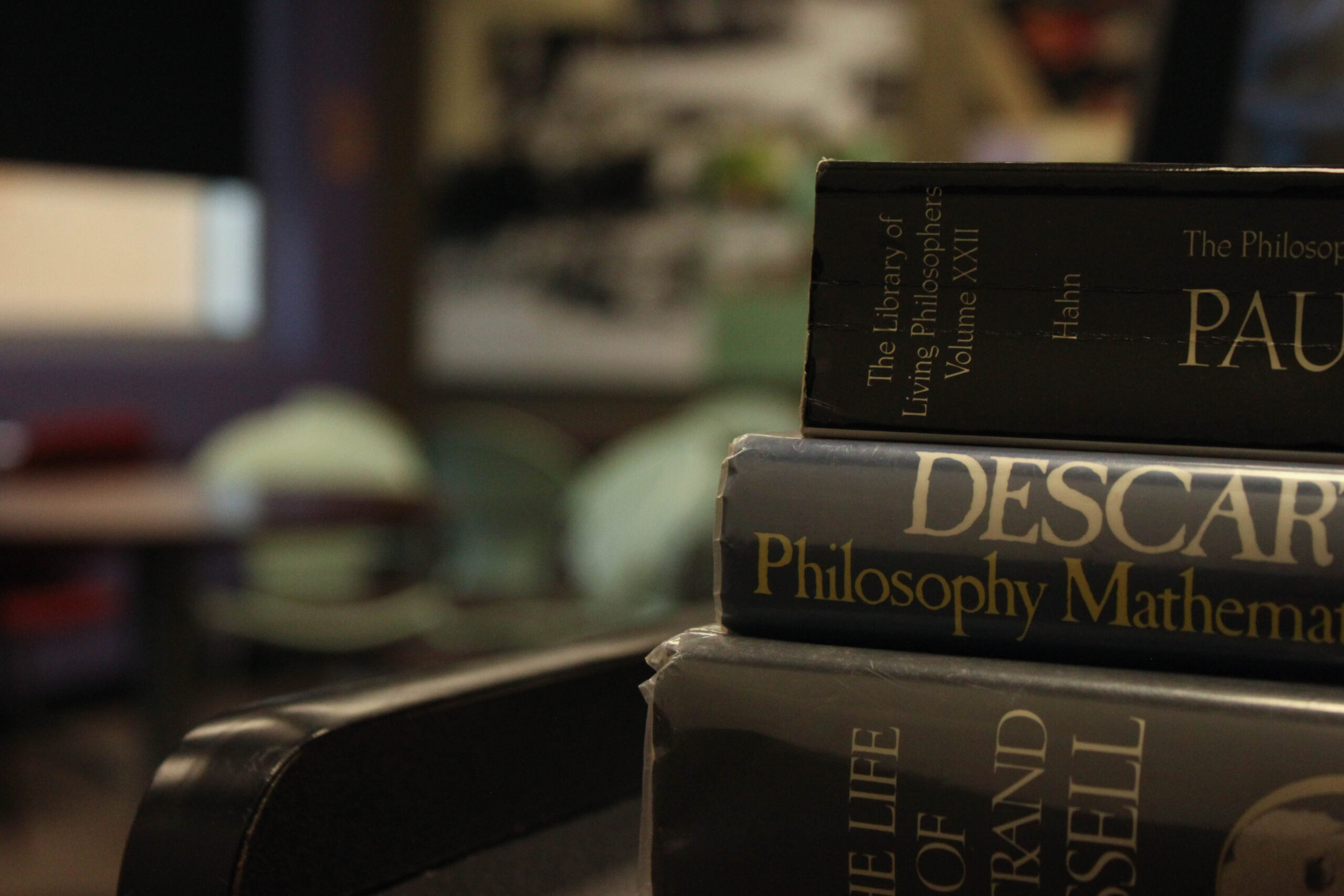Cutting through the stigma often associated with the impracticality of studying philosophy, scholars and even employers admit that students who study philosophy exhibit higher critical thinking skills than those who do not.
When asking a future employer what presumably the most sought after skillsare in a resume, regardless of occupation or career, they are problem solving and critical thinking skills. The nature and content of a philosophy curriculum provides any prospective job seeking student with a unique approach in conducting responsibilities and solving obstacles within the workplace.
According to Thomas Metcalf from Spring Hill College, many philosophy professors have taken a hit from the decreasing demand for philosophy classes year after year. This has left them unemployed despite their best efforts to reinstate the desire for philosophy into students. As it turns out, taking as little as one general education class consisting of a philosophy curriculum could plant the seed of infinite curiosity in harboring skills that will last a lifetime.
To combat the lack of interest of students in the liberal arts, many colleges, such as Hillsdale College, have taken up a new initiative of providing free online college courses open to anyone, with some of them even providing accredited college credits. This way anyone can satisfy their curiosity and stay knowledgeable on topics such as history, literature, philosophy and government.
With an increasing demand for high-level critical thinkers in the job market, the study of philosophy proves to be more crucial than ever.
Albeit unexpected, taking on philosophy approaches can even help combat issues in mental health. In a group study written by Sophie Stammers, participants who were immersed in a philosophical discussion seemed to have a more positive self-image and outlook on the world as a result.
“Participants include those with lived experience of mental distress, or unusual beliefs and experiences; mental health advocates; and mental health service providers,” Stammers said.
All of these groups experienced benefits, meaning that although participants struggling with mental health seemed to default to another pattern of thinking that made their situation lighter, mental health professionals had positive takeaways as well.
“It is difficult to imagine any discipline more directly aimed at cultivating the mind’s abilities in general than philosophy,” Metcalf said.
This should be reason alone to mandate philosophy courses in general education programs. Indeed, the frameworks of philosophy such as the ability to question the world around us and attribute certain phenomena to detectable patterns of those who lived before us are perhaps exactly what the purpose of general education constitutes in nature. While some colleges do include intro to philosophy as an option to satisfy the humanities requirement, not many of them mandate philosophy to satisfy that section.
If there were ever a strong argument for the inclusion of a particular field of study in mandated general education programs in universities, philosophy should be front and center. As important as it is to learn from our past in history, or solve mathematical equations in calculus, it is as vital to equip the future workforce with future critical thinkers and problem solvers regardless of occupation.


